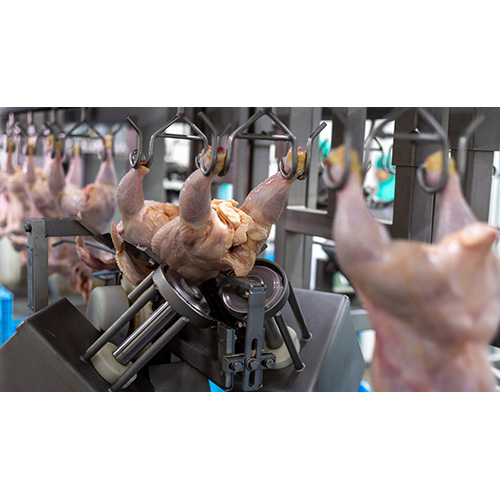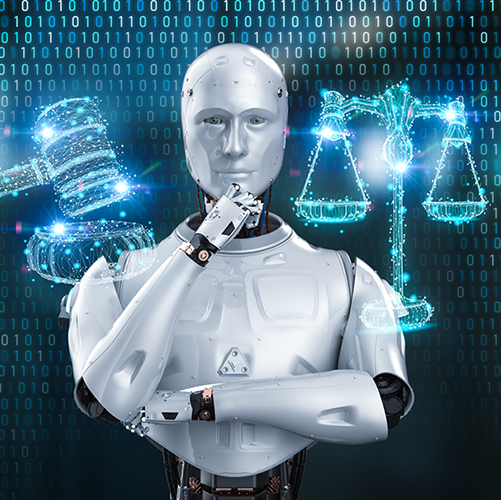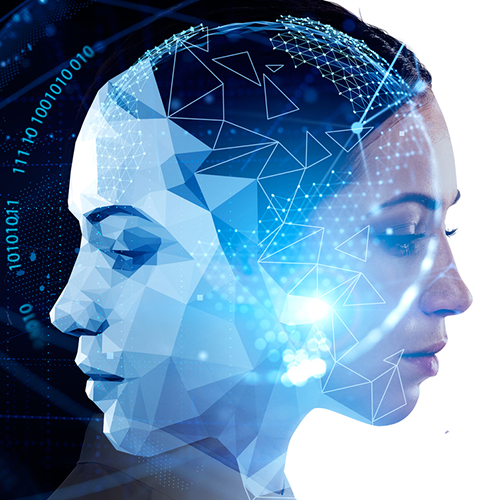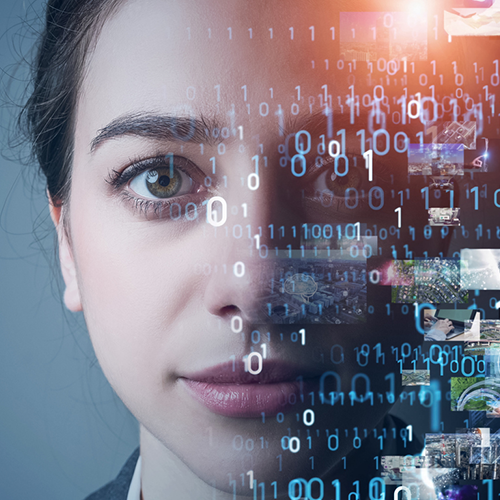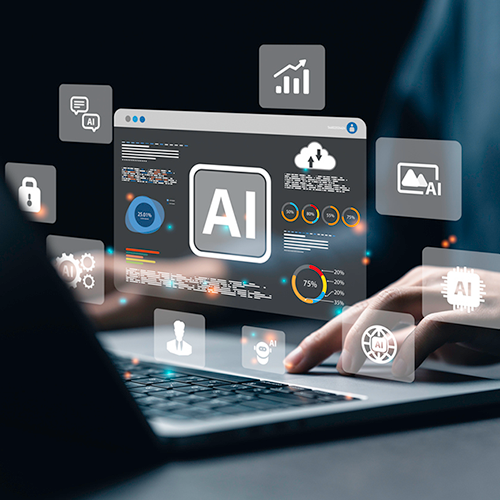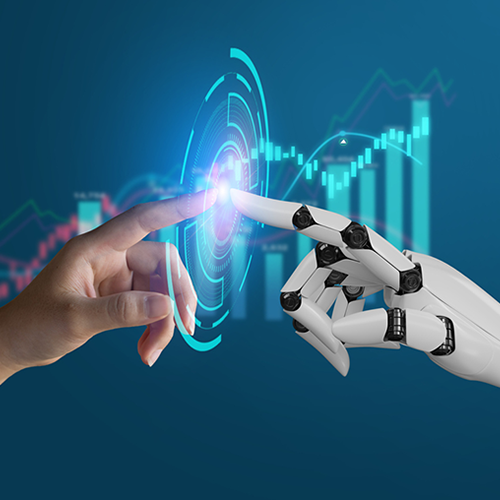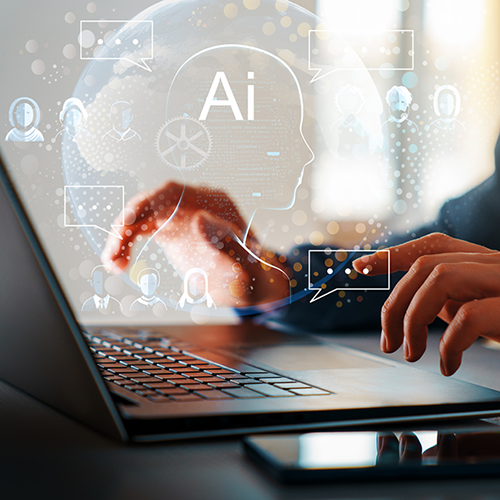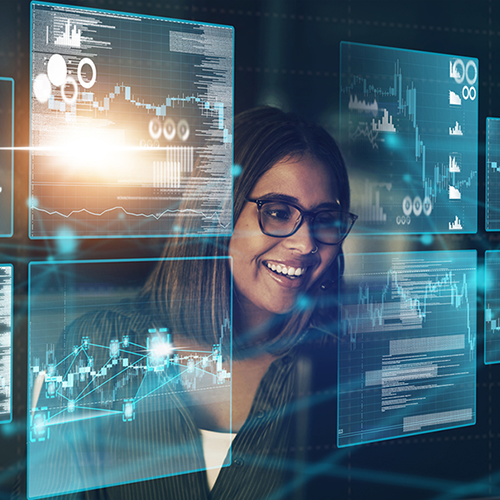May 12, 2024
AI may not replace you, but someone who uses it can — here’s the No. 1 skill you need to stay relevant
CNBC Make It
May 7, 2024
The Last Stock Photographers Await Their Fate Under Generative AI
The Wall Street Journal
Feb 27, 2024
The Impact of Artificial Intelligence on the Job Market: 5 Key Trends
Spruce InfoTech, Inc





